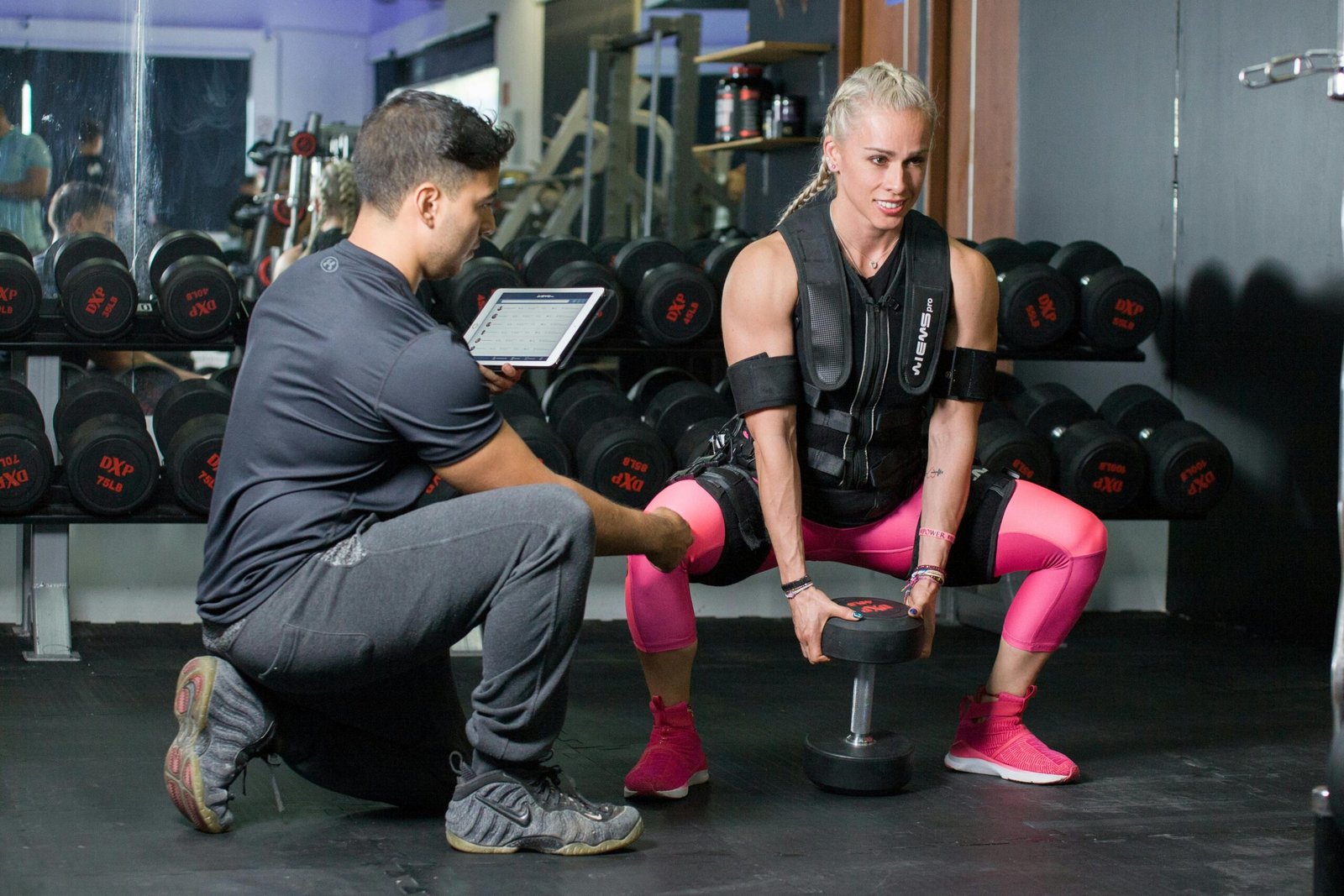Living with migraines can be debilitating, and it’s essential to know how to manage them effectively. People suffering from migraines look desperately for solutions and are curious about how does botox help migraines and so on.
However, sometimes, knowing what not to do is just as important as knowing what to do. In this article, we will discuss common mistakes that migraine sufferers make and offer suggestions for avoiding them.
1. Ignoring the Warning Signs
Migraines often have early warning signs, such as visual disturbances or an aura. One of the biggest mistakes people make is ignoring these warning signs and not acting preemptively. Recognizing and responding to these signals can help minimize the impact and duration of a migraine attack.
2. Neglecting Stress Management
Stress is one of the most common triggers for migraines. Failing to manage stress levels can increase the frequency and severity of episodes. Migraine sufferers must prioritize stress-reducing activities such as exercise, meditation, or engaging hobbies.
3. Skipping Meals
Another mistake that many people make is skipping meals or going for long periods without eating when they have a migraine attack. While nausea may make eating difficult, maintaining stable blood sugar levels through regular meals can help prevent migraines caused by hunger or low glucose levels.
4. Overlooking Sleep Patterns
Lack of sleep or irregular sleep patterns can significantly impact migraines. Individuals who consistently sleep less than seven hours per night are at higher risk of experiencing more frequent migraine attacks. Establishing a regular sleep schedule and practicing good sleep hygiene can alleviate this trigger.
5. Excessive Caffeine Consumption
While caffeine in moderation may have some benefits in alleviating migraines, exceeding recommended daily limits can be counterproductive. Consuming large amounts of caffeine regularly can lead to dependency and rebound headaches.
6. Overusing Pain Medication
One common mistake among migraine sufferers is relying solely on over-the-counter or prescription painkillers for relief. Overusing these medications can lead to rebound headaches and reduce their overall effectiveness in managing migraines. Consult with healthcare professionals to create an appropriate medication plan.
7. Neglecting Hydration
Adult dehydration is a known migraine trigger, and failing to drink enough water can worsen the symptoms or prolong the duration of an attack. Stay adequately hydrated throughout the day, especially during hot weather or strenuous activities.
8. Isolating Yourself
During a migraine attack, it’s tempting to withdraw from others and seek solitude. However, isolating yourself can worsen feelings of sadness, anxiety, and depression associated with migraines. Reach out to loved ones for support, and don’t hesitate to ask for help when needed.
9. Consuming Potential Trigger Foods
Certain foods like aged cheeses, processed meats, chocolate, and citrus fruits are well-known migraine triggers for some individuals. Tracking your food intake through a journal can help identify patterns between migraines and potential trigger foods.
10. Neglecting Non-Pharmacological Treatments
Numerous non-pharmacological options are available that may provide relief during a migraine attack or even help prevent them in some cases. These include techniques such as applying cold or heat packs, practicing relaxation exercises like deep breathing or progressive muscle relaxation, acupressure, or using essential oils.
11. Trying to Tough It Out
Migraine attacks can be excruciatingly painful and profoundly impact daily functioning. However, one of the crucial mistakes individuals make is attempting to bear the pain without seeking appropriate help or support. Instead of toughing it out, contact healthcare professionals who can provide essential guidance, prescribe effective medications, and suggest personalized treatment options.
12. Neglecting Self-Care Practices
Self-care plays a pivotal role in managing migraines effectively. Unfortunately, many people neglect self-care practices due to busy schedules or lack of awareness about their importance. Take the time to prioritize self-care activities such as taking breaks throughout the day, establishing boundaries in your personal and professional life, engaging in hobbies that bring joy and relaxation, and setting aside relaxation time each day.
Conclusion
By avoiding these common mistakes when experiencing a migraine attack, individuals can significantly improve their quality of life and reduce the frequency and severity of episodes. Taking proactive steps to manage stress levels, sleep patterns, diet, hydration, and appropriate treatments will improve overall migraine management. Exploring new therapies under professional guidance may also be beneficial individually.
Remember: preventing a migraine is always better than treating one!
Photo by Andrea Piacquadio:












